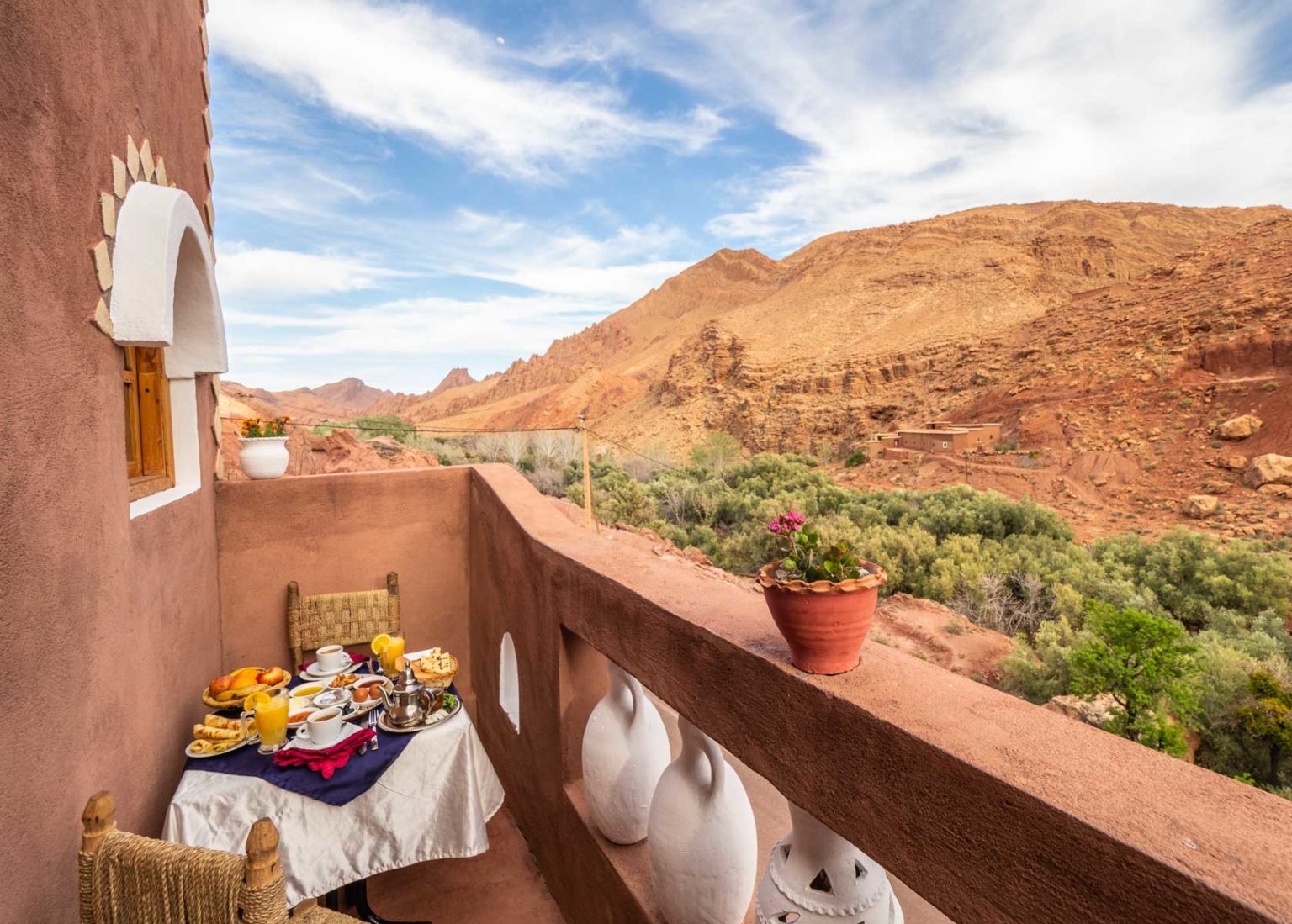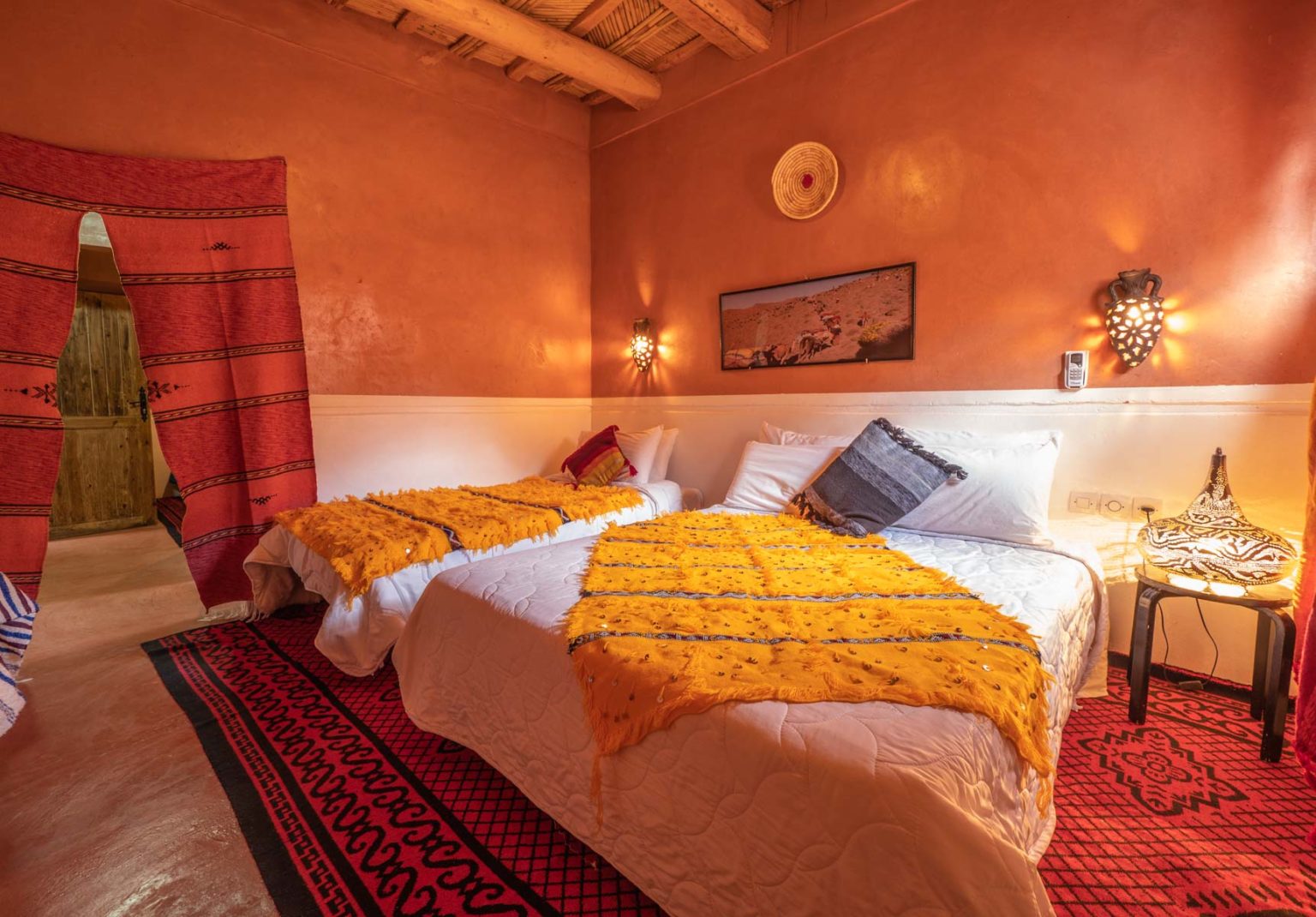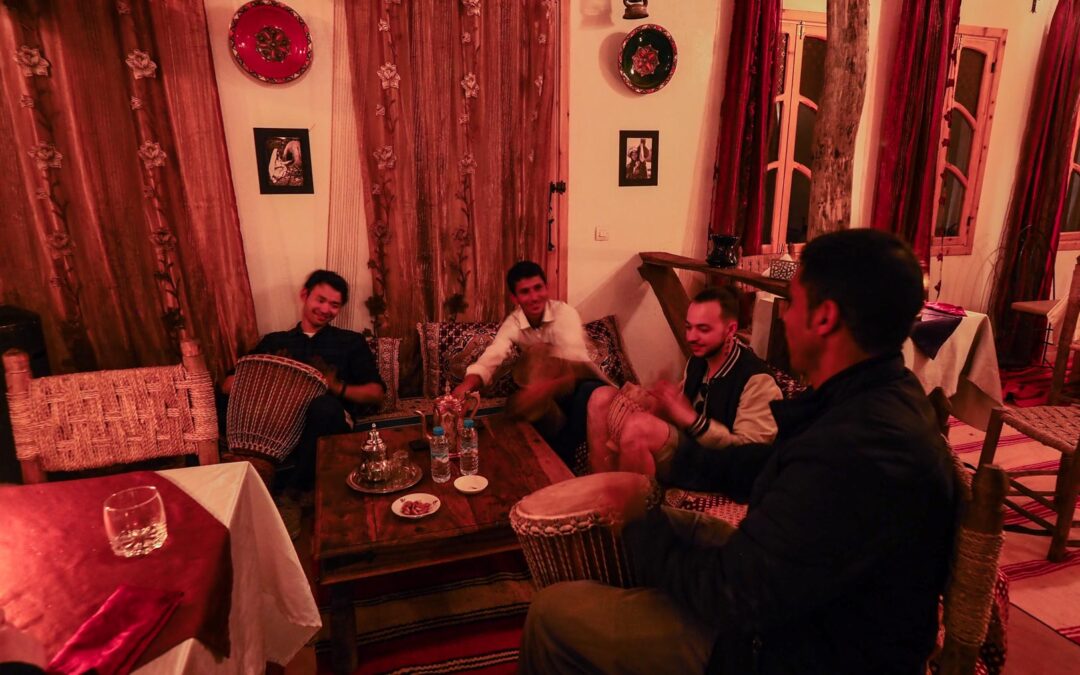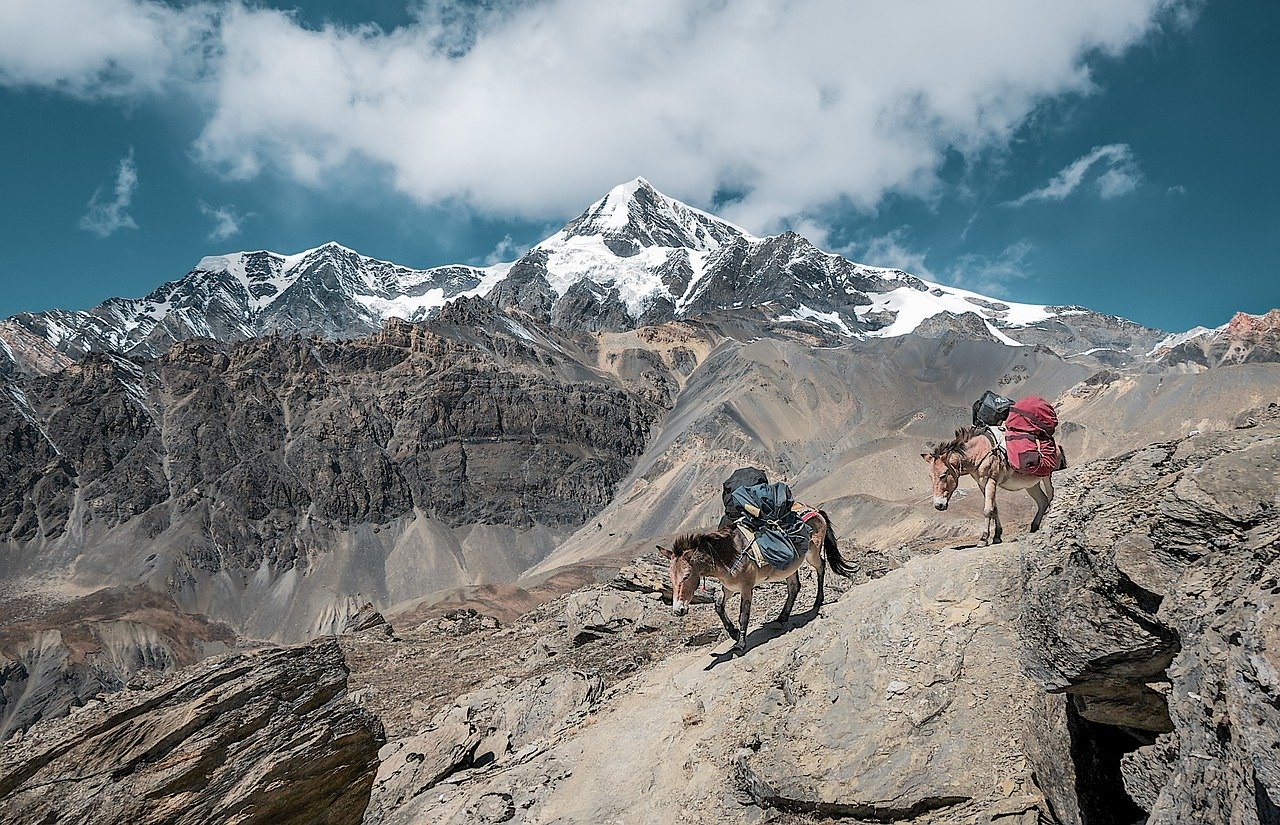
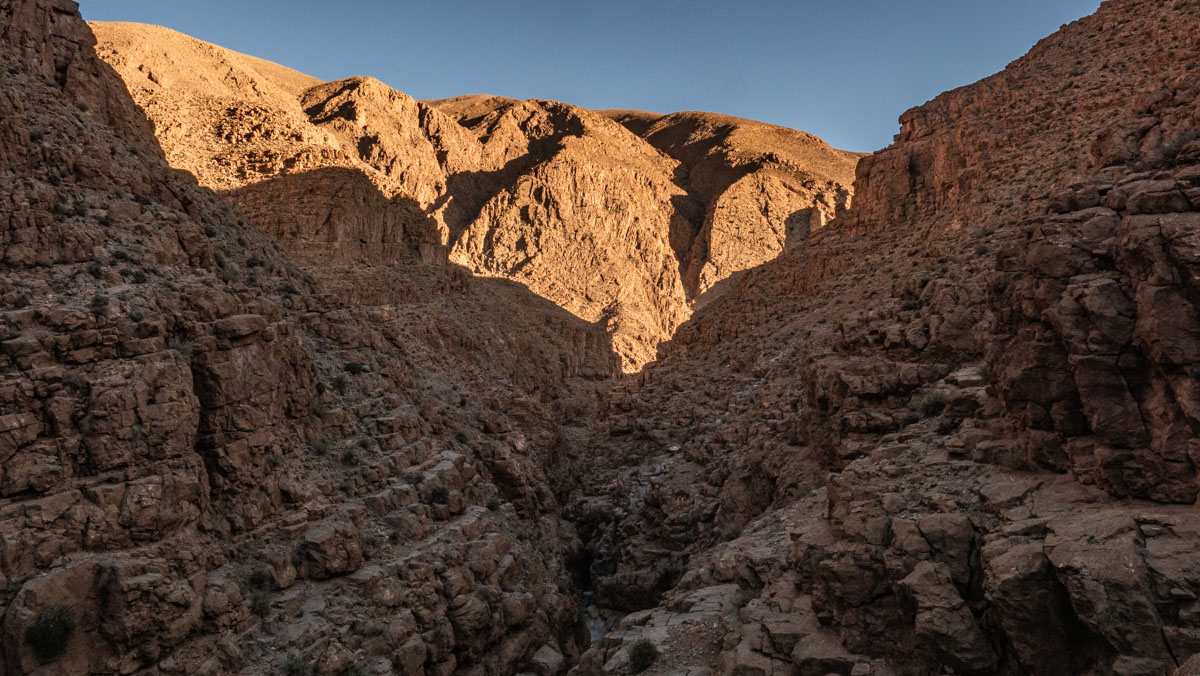
An Introduction to the History of the Atlas Mountains
The Atlas Mountains, located in North Africa, are a fascinating natural wonder that has played a significant role in the region’s history. Stretching over 2,500 kilometers across Morocco, Algeria, and Tunisia, the Atlas Mountains are not only a breathtaking sight to behold but also hold a wealth of historical and cultural significance.
Geological Formation
The Atlas Mountains were formed millions of years ago through a complex geological process. The range is divided into three main sections: the High Atlas, the Middle Atlas, and the Anti-Atlas. These mountains were created as a result of the collision between the African and Eurasian tectonic plates, leading to the uplift of the land and the formation of these majestic peaks.
Historical Significance
The Atlas Mountains have been a crucial part of the history of North Africa. They have served as natural barriers, protecting various civilizations from invasions and influencing trade routes throughout the region. The Berber people, the indigenous inhabitants of the area, have a deep connection to the Atlas Mountains, with many communities still living in the mountainous regions today.
Cultural Heritage
The Atlas Mountains are not only a geological marvel but also a treasure trove of cultural heritage. The region is home to ancient villages, traditional Berber architecture, and vibrant markets where visitors can experience the rich tapestry of Berber culture. The Atlas Mountains have inspired artists, writers, and explorers for centuries, drawing them in with their rugged beauty and timeless allure.
Auberge Atlas Dades
For travelers looking to explore the Atlas Mountains and immerse themselves in the local culture, Auberge Atlas Dades is a perfect starting point. This charming guesthouse offers a unique opportunity to experience the beauty of the Atlas Mountains while enjoying traditional Berber hospitality. Situated in the stunning Dades Valley, Auberge Atlas Dades provides a peaceful retreat surrounded by breathtaking landscapes.
Guests at Auberge Atlas Dades can enjoy guided hikes through the mountains, authentic Berber cuisine, and cozy accommodations that blend modern comfort with traditional charm. The friendly staff are always ready to share their knowledge of the area and help guests make the most of their stay in this magical corner of Morocco.
Exploring the Atlas Mountains
Whether you’re an avid hiker, a nature lover, or a cultural enthusiast, the Atlas Mountains offer something for everyone. From challenging treks to leisurely strolls, there are countless opportunities to explore this diverse and captivating region. Visitors can encounter cascading waterfalls, lush valleys, and ancient kasbahs nestled among the peaks.
One of the highlights of a visit to the Atlas Mountains is witnessing the breathtaking views from vantage points like Tizi n’Tichka Pass or Toubkal National Park. These panoramic vistas offer a glimpse into the vastness and beauty of the mountains, leaving a lasting impression on all who behold them.
Conclusion
In conclusion, the Atlas Mountains are a true marvel of nature with a rich history and vibrant culture. From their geological formation to their historical significance, these mountains continue to captivate and inspire visitors from around the world. Whether you’re seeking adventure, relaxation, or cultural immersion, a journey to the Atlas Mountains promises an unforgettable experience that will stay with you long after you’ve left.
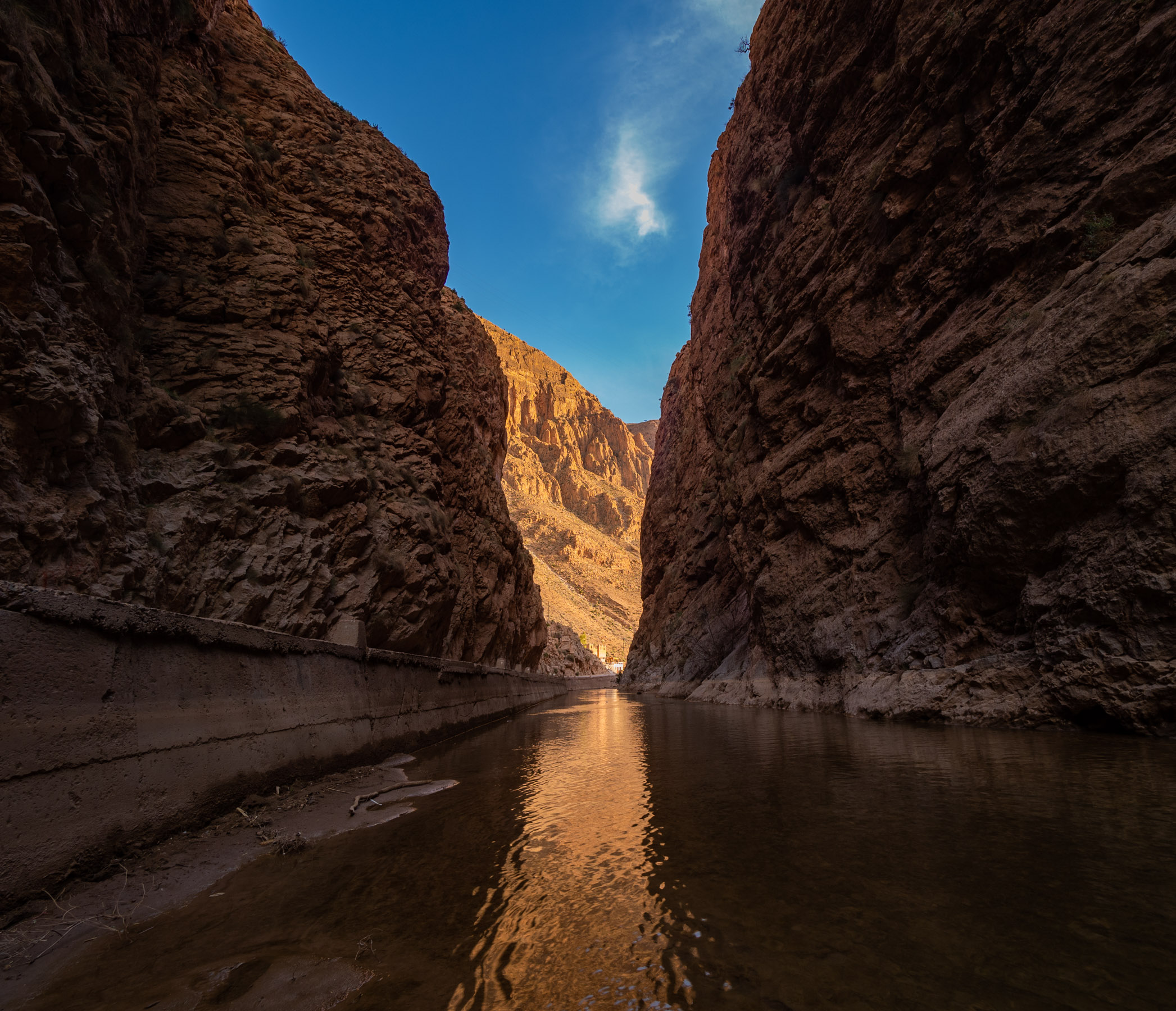
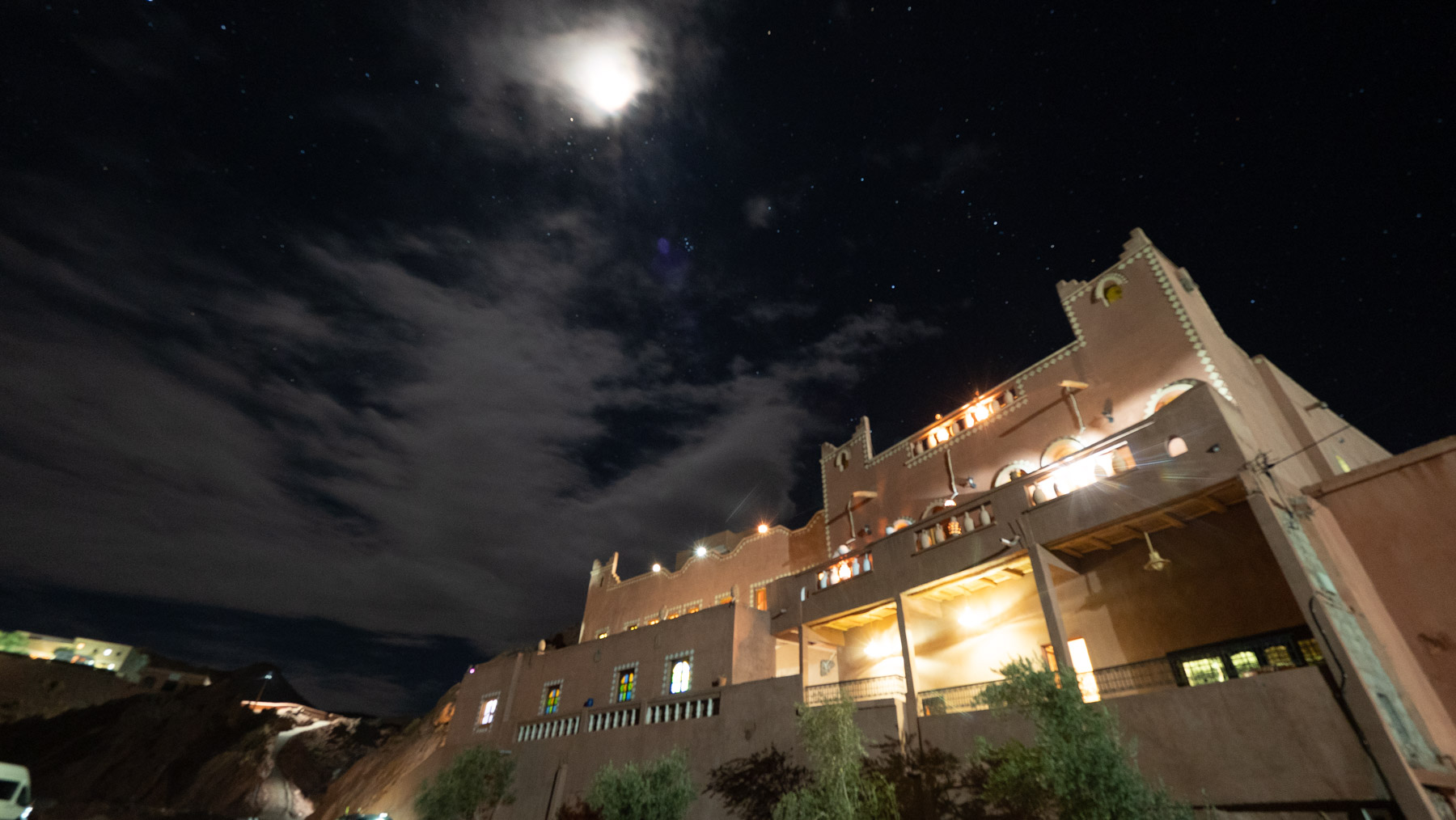
Exploring the Atlas Mountains: Expert Travel Tips
When it comes to unraveling the mysteries of the Atlas Mountains, travelers often find themselves overwhelmed by the rich history and breathtaking landscapes that this region has to offer. As an expert guide to Morocco, it’s important to provide valuable tips to help visitors navigate through the complexities of this historical wonder. Here are some essential tips to help you make the most of your journey:
1. Research and Preparation
Before embarking on your adventure to the Atlas Mountains, it’s crucial to conduct thorough research about the region’s history, culture, and geography. Understanding the significance of this mountain range will enhance your overall experience and appreciation for its beauty.
2. Engage with Local Guides
One of the best ways to delve deeper into the history of the Atlas Mountains is by engaging with knowledgeable local guides. These experts can provide you with insights and stories that are not found in guidebooks, allowing you to gain a more profound understanding of the region’s past.
3. Pack Wisely
As you prepare for your journey, remember to pack essentials such as sturdy hiking boots, comfortable clothing, and plenty of water. The Atlas Mountains offer a diverse terrain, so being prepared for various weather conditions and physical activities is crucial for a successful trip.
4. Respect the Environment
While exploring the Atlas Mountains, it’s important to respect the environment and wildlife that call this region home. Avoid littering, stay on designated paths, and follow the guidance of your local guides to ensure that future generations can also enjoy the beauty of this historical landmark.
5. Immerse Yourself in the Culture
To truly appreciate the history of the Atlas Mountains, take the time to immerse yourself in the local culture. Visit traditional villages, interact with the Berber communities, and savor authentic Moroccan cuisine to gain a holistic perspective of this fascinating region.
6. Capture Memories
Don’t forget to capture the moments that take your breath away. Whether it’s a panoramic view of the mountain range or a candid shot of local life, photography can help you preserve memories that will last a lifetime.
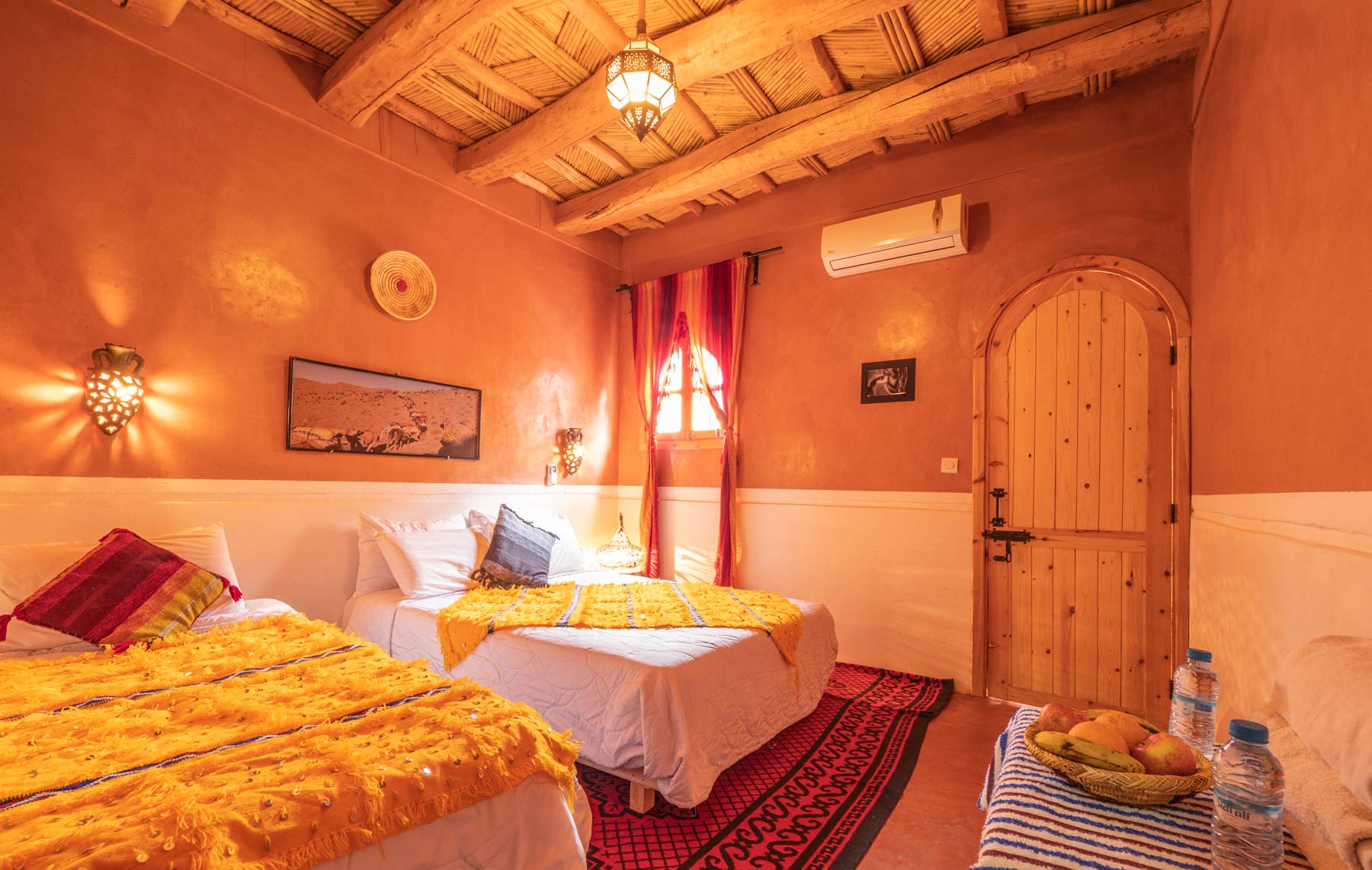
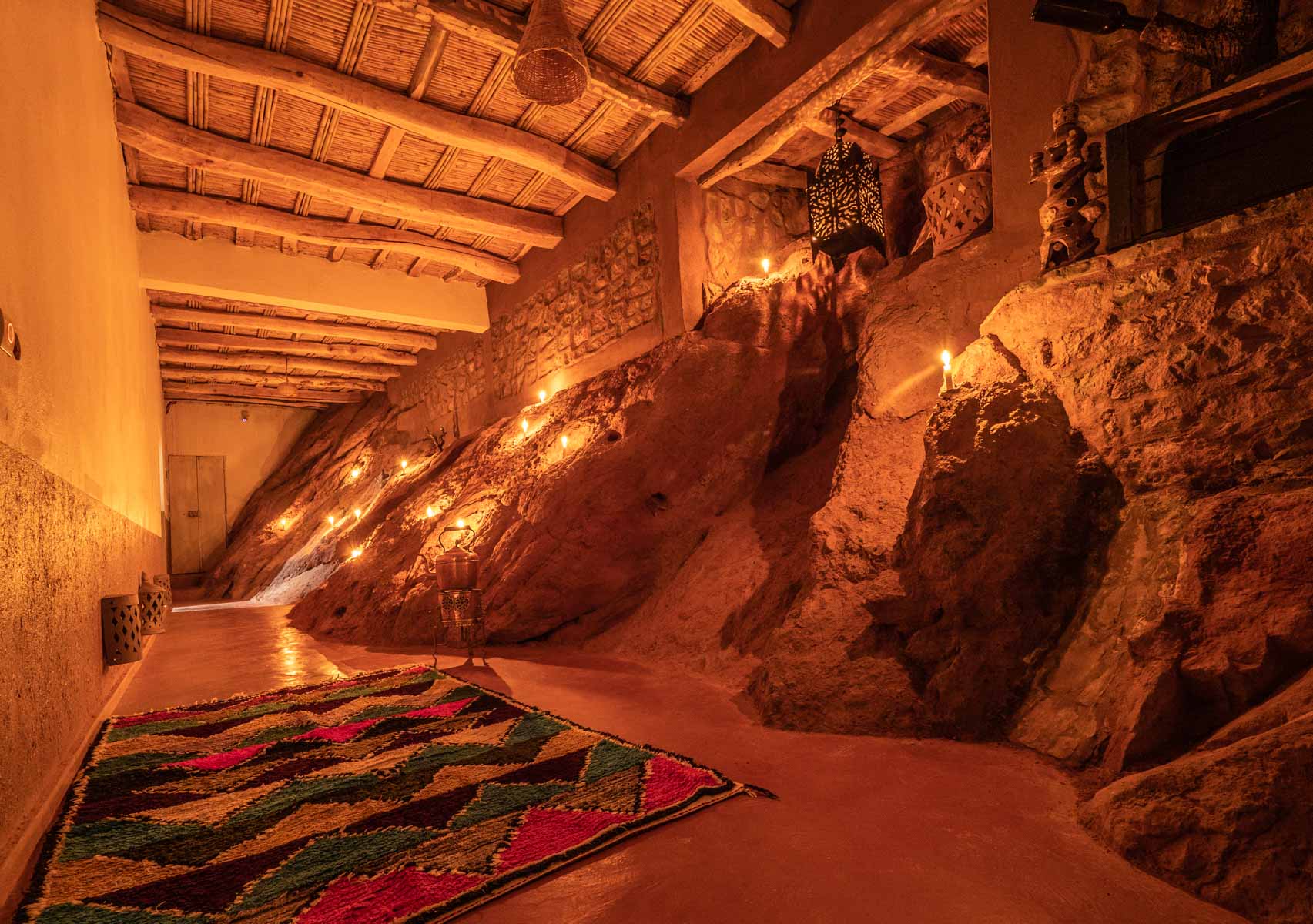
Exploring the History of the Atlas Mountains in Morocco
When it comes to the history of the Atlas Mountains in Morocco, one cannot help but be captivated by the rich tapestry of stories that have unfolded over the centuries. From ancient Berber tribes to French colonial influences, the Atlas Mountains have been witness to a myriad of events that have shaped the region’s cultural and geographical landscape.
The Berber Legacy
Centuries before the arrival of the Romans or Arabs, the Berber people inhabited the Atlas Mountains and surrounding areas. Their legacy is deeply ingrained in the region, from their distinctive architecture to their vibrant traditions. Exploring the Berber villages nestled in the mountains offers a glimpse into a way of life that has remained largely unchanged for generations.
The Rise of Islam
With the spread of Islam in the region, the Atlas Mountains became an important crossroads for trade and cultural exchange. Mosques and madrasas were built, and the influence of Islamic art and architecture can still be seen in the region today. Travelers interested in history and culture will find a treasure trove of landmarks that speak to this period of Morocco‘s past.
Colonial Encounters
In the 19th and 20th centuries, France established its presence in Morocco, bringing with it a new chapter in the history of the Atlas Mountains. The legacy of French colonialism is visible in the architecture of cities like Marrakech and Casablanca, where European influences blend with traditional Moroccan design. Exploring these cities provides insight into the complex history of the region.
Modern-Day Marvels
Today, the Atlas Mountains continue to be a source of fascination for travelers from around the world. Hiking enthusiasts flock to the region to conquer its challenging peaks, while cultural aficionados immerse themselves in the traditions of the Berber people. Whether you seek adventure or relaxation, the Atlas Mountains offer a unique blend of history and natural beauty that is sure to leave a lasting impression.

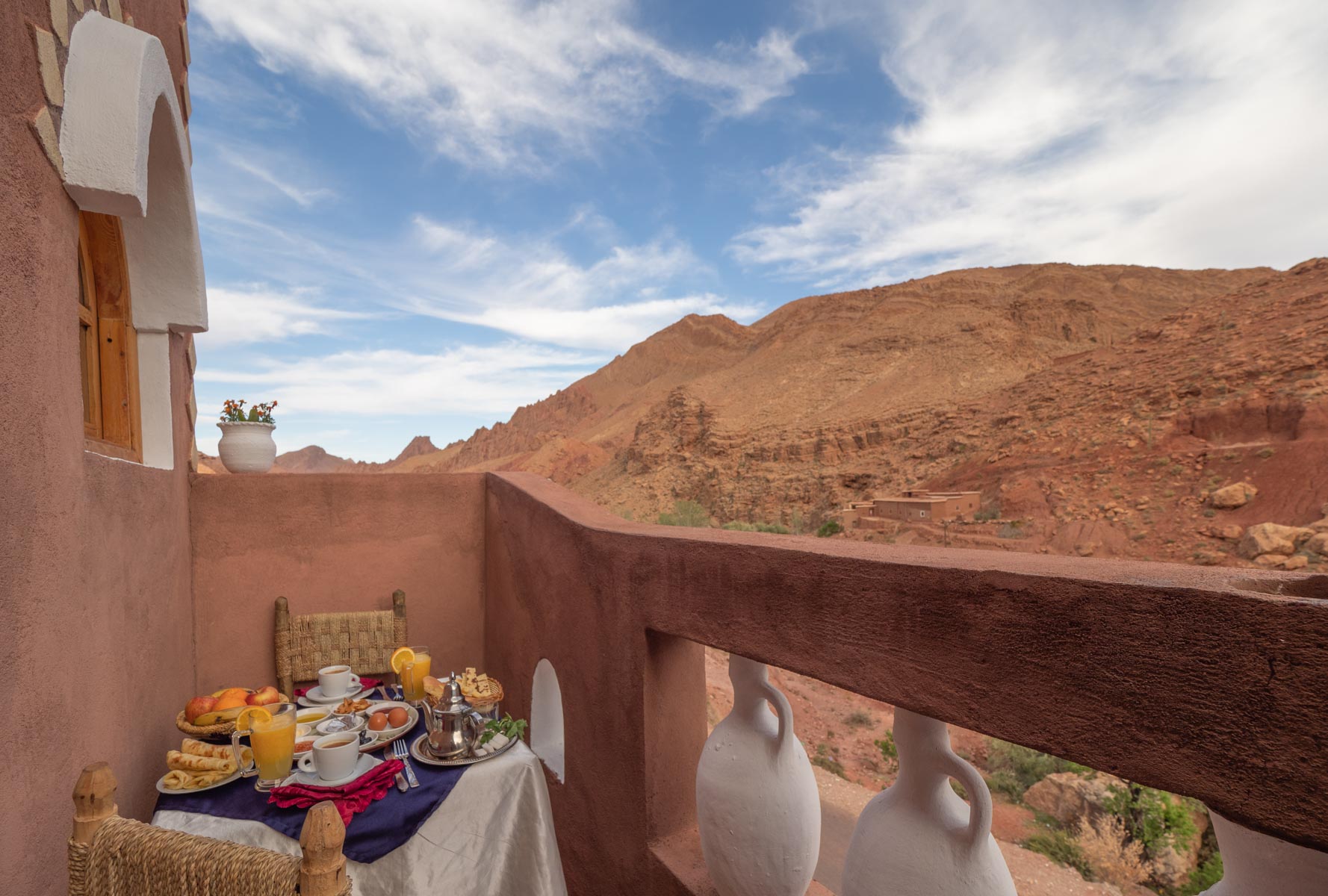
When planning a trip to the Atlas Mountains in Morocco, there are several recommendations that visitors should consider to ensure a memorable and enjoyable experience. These recommendations can be divided into three main categories: before, during, and after the trip.
Before the Trip
Before embarking on a journey to the Atlas Mountains, it is important to do some research about the region, its culture, and the activities available. Travelers should also check the weather forecast to pack accordingly. Additionally, it is recommended to book accommodations in advance to secure the best options.
During the Trip
While exploring the Atlas Mountains, visitors should make sure to stay hydrated and wear appropriate clothing and footwear for hiking or other outdoor activities. It is also advisable to respect the local customs and traditions, such as asking for permission before taking photographs of people. Travelers should be mindful of the environment and avoid leaving any trash behind.
After the Trip
After returning from the Atlas Mountains, it is a good idea to reflect on the experiences gained during the trip and consider how they can be applied to everyday life. Keeping in touch with any new friends made during the journey can also help maintain a connection to the places visited. Finally, sharing stories and photos with others can inspire them to embark on their own adventures.
Recommended Accommodation: Auberge Atlas Dades
For travelers seeking a unique and authentic experience in Morocco, Auberge Atlas Dades is highly recommended as a top accommodation option in the region. Located in the heart of the Atlas Mountains, this charming guesthouse offers stunning views of the surrounding landscapes and provides a comfortable and welcoming atmosphere for guests.
Guests at Auberge Atlas Dades can enjoy traditional Moroccan cuisine, spacious and well-appointed rooms, and personalized service from the friendly staff. Whether relaxing on the terrace with a cup of mint tea or exploring the nearby attractions, staying at Auberge Atlas Dades is sure to enhance the overall experience of visiting the Atlas Mountains.



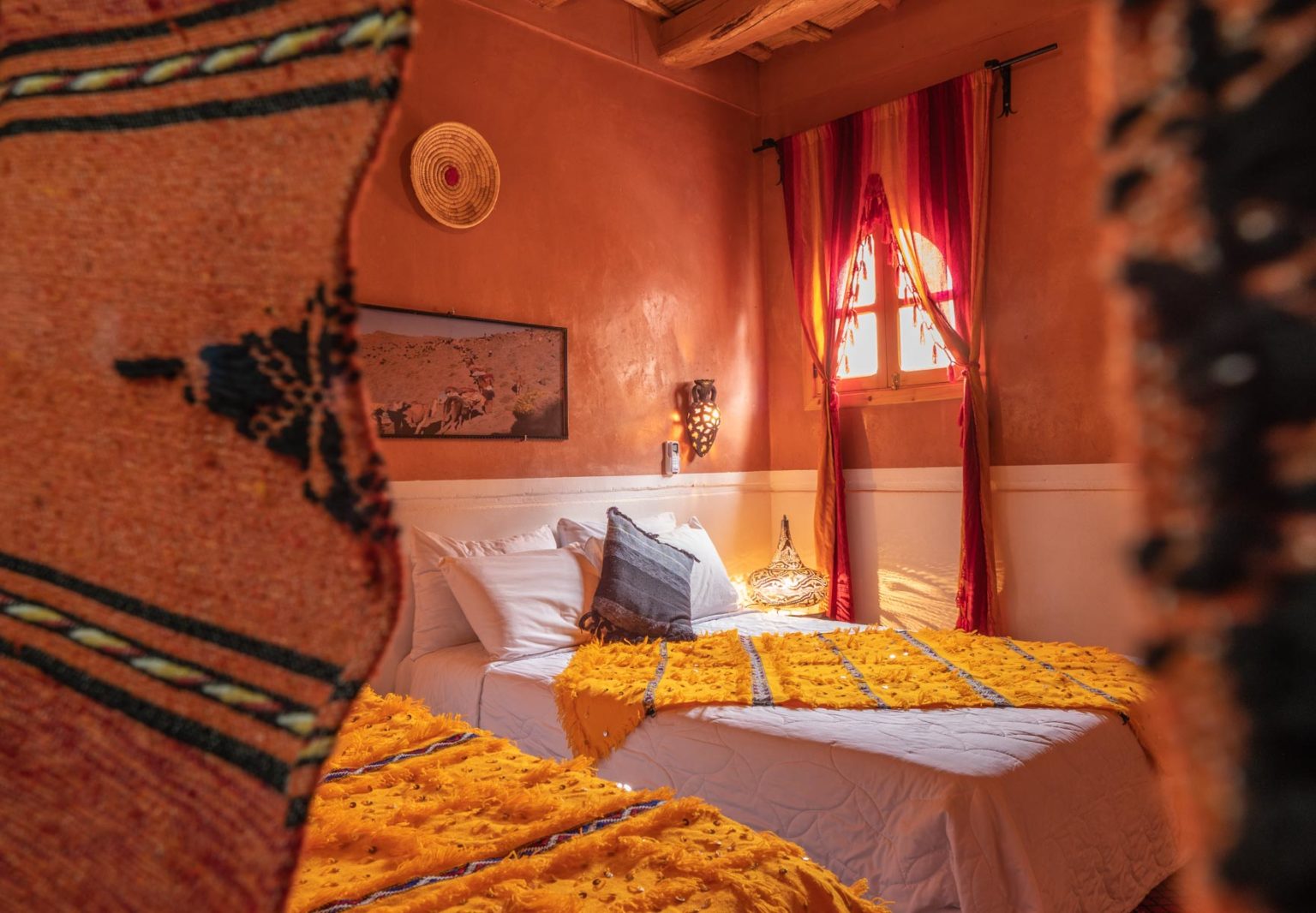
FAQs – An Introduction to the History of the Atlas Mountains
1. What is the significance of the Atlas Mountains in North Africa?
The Atlas Mountains hold great importance as they are the longest mountain range in North Africa, stretching over 2,500 kilometers across Morocco, Algeria, and Tunisia.
2. Are the Atlas Mountains a popular destination for hikers and trekkers?
Yes, the Atlas Mountains are a haven for outdoor enthusiasts, offering a variety of trails and routes for hikers and trekkers of all levels.
3. What is the best time of the year to visit the Atlas Mountains?
The best time to visit the Atlas Mountains is during the spring or fall when the weather is mild and the landscapes are lush and vibrant.
4. Are there any historical sites to explore in the Atlas Mountains?
Exploring the Atlas Mountains offers the opportunity to visit ancient Berber villages and fortresses that are rich in history and culture.
5. Can you see the Sahara Desert from the Atlas Mountains?
On clear days, it is possible to see the vast expanse of the Sahara Desert from certain vantage points in the Atlas Mountains.
6. What wildlife can be found in the Atlas Mountains?
The Atlas Mountains are home to a diverse range of wildlife, including the endangered Barbary macaque and various bird species.
7. Are there any ski resorts in the Atlas Mountains?
Yes, there are several ski resorts in the Atlas Mountains, offering visitors the chance to enjoy winter sports against a stunning mountain backdrop.
8. How do the Atlas Mountains influence the climate of the region?
The Atlas Mountains play a crucial role in determining the climate of North Africa, acting as a barrier to the hot desert winds from the Sahara.
9. What cultural experiences can travelers have in the Atlas Mountains?
Travelers can immerse themselves in the traditional Berber culture by staying in local villages, enjoying authentic cuisine, and participating in cultural activities.
10. How can I best prepare for a trip to the Atlas Mountains?
It is recommended to pack appropriate clothing and gear for hiking, respect the local customs, and be mindful of the altitude when planning a trip to the Atlas Mountains.
